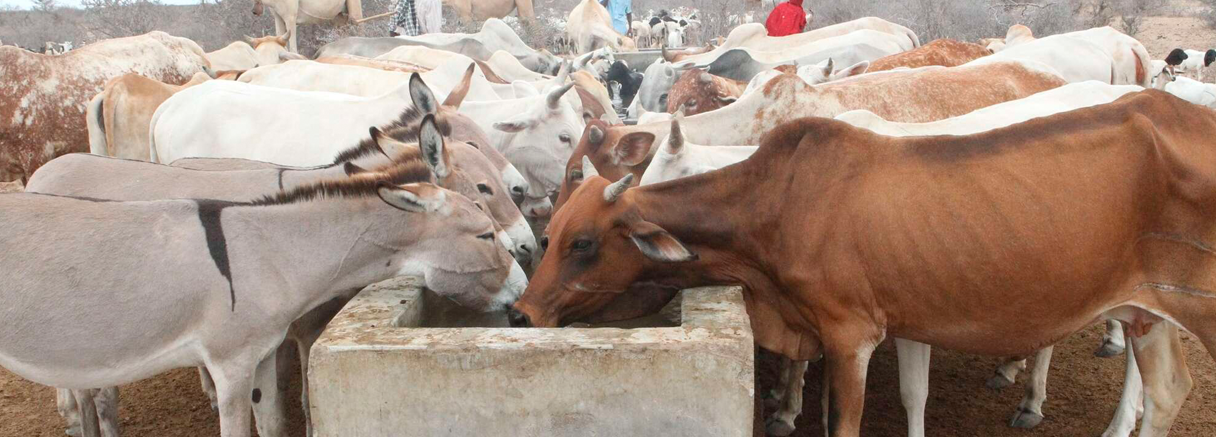A looming threat to climate stability

Factory farms, characterised by their intensive confinement and large-scale livestock production, have emerged as an essential contributor to greenhouse gas emissions, posing a pressing challenge to environmental sustainability.
Factory farms house thousands of animals in confined spaces, producing substantial amounts of methane, a potent greenhouse gas. Livestock digestion and manure decomposition in these facilities release vast quantities of methane into the atmosphere, contributing to global warming.
A study conducted by environmental scientists reveals that the industrialised production of meat and dairy is responsible for a substantial portion of global greenhouse gas emissions, exacerbating the effects of climate change.
By 2050, the economic costs associated with climate-driven disasters globally could exceed $1 trillion annually as climate change intensifies, and a World Animal Protection report reveals that factory farms could be liable for over $100 billion of that cost.
The report, How Factory Farms are Worsening Climate Disasters in the Global South, shows that resource-intensive business, factory farming releases a large proportion of greenhouse gases into the atmosphere, worsening heat waves, wildfires, floods and droughts.
“Swathes of wild habitat are destroyed to plant crops for animal feed, killing wild species and releasing more carbon. The journey from factory farm to dinner plate pumps around six trillion tonnes of emissions into the atmosphere,” the report says.
“As our report details, animal cruelty and climate change are interlinked. Until we get rid of animal cruelty in farming, climate change will worsen. Factory farming poses a core obstacle in achieving the targets in the Paris Climate Agreement and casts a dark shadow over the prospect of a climate-safe future, says Steve McIvor, the World Animal Protection (WAP) CEO.
WAP argues that the cramming of animals in large commercial farms and dosing them with antibiotics to speed up their growth is not only hastening global warming but also fueling the spike in antimicrobial resistance.
“Factory farming not only causes suffering to billions of animals but also destroys wild habitats. It is undermining food security for communities around the world. Land that could be used to grow crops for humans or to protect wildlife is instead used to plant crops to feed factory-farmed animals. It’s simply a wasteful, destructive food chain,” Mr Mclvor said during the report’s release.
As the 28th session of the United Nations Climate Talks continues in Dubai, UAE, the researchers are urging world leaders to make key decisions that will impose a 10-year moratorium on new factory farm approvals and the industry’s rapid global expansion. They also want finance for adaptation and loss and damage directed towards smallholder farmers in the developing world. African countries, for instance, will have to spend $53 billion annually by 2030 to adapt to the climate crisis, the report says.